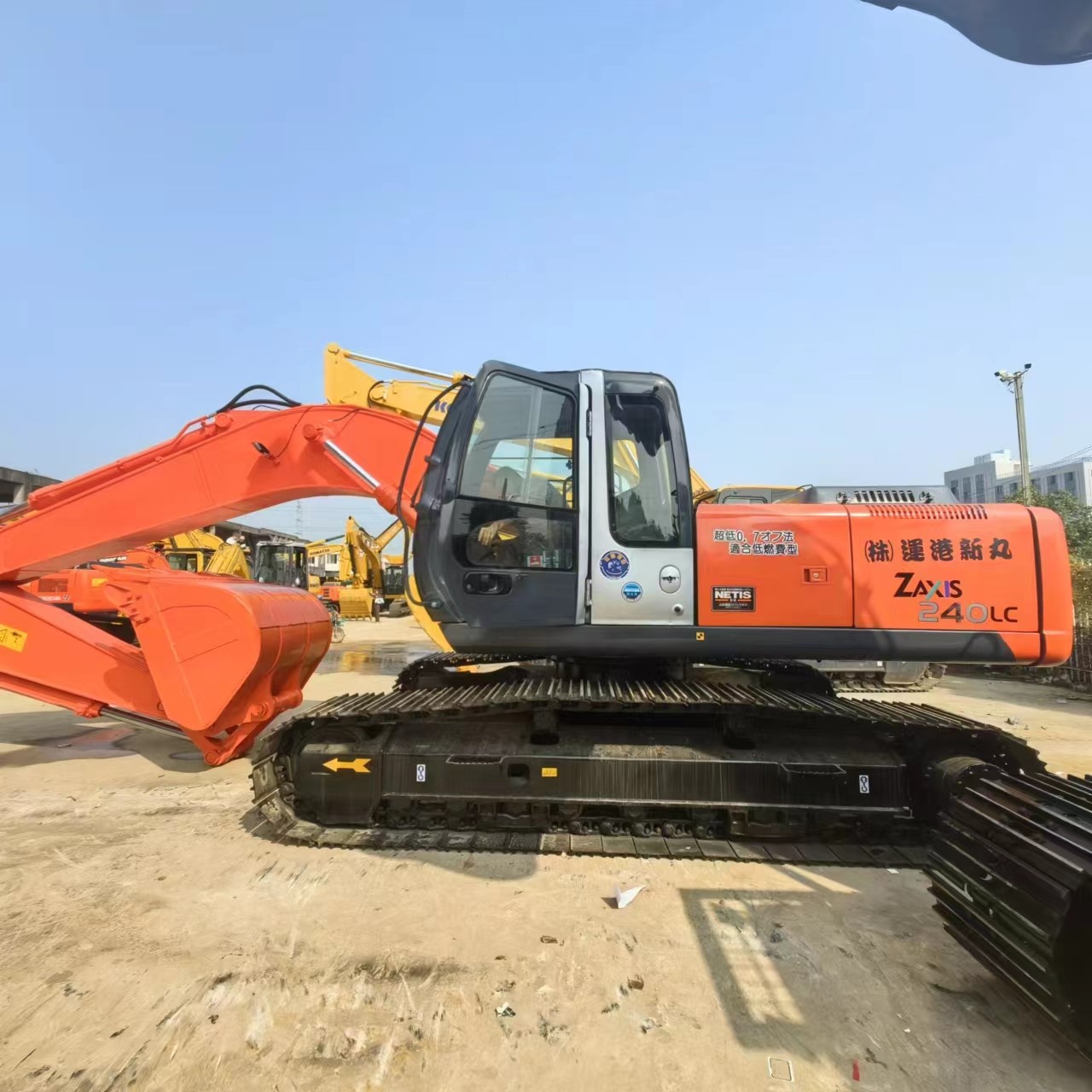The hydraulic cylinder is one of the important parts of the excavator. These critical parts are not immune to wear and tear, and damage usually occurs in the form of chips, dents in the chrome plating of the shaft, or scratches on the barrel. Damage to an excavator hydraulic cylinder can occur for a variety of reasons, and this article will list some common possibilities.
Causes of damage to hydraulic cylinders
Leak problem
Hydraulic oil leakage in a hydraulic cylinder is one of the common causes of hydraulic cylinder damage. Leakage may occur at seals, pipe joints or cylinder blocks. Leaks can cause hydraulic systems to lose pressure and performance.
Pollute
Impurities and contaminants in the hydraulic oil may enter the hydraulic cylinder and cause friction and wear. This can lead to seal wear, cylinder surface wear, and ultimately hydraulic cylinder failure.
Overload
If the excavator is frequently overloaded during operation, the hydraulic cylinder may be subject to excessive pressure and stress, resulting in damage. Overload may be caused by workload exceeding the equipment’s rated capacity, improper use, or poor design.
Lack of lubrication
The various components of a hydraulic cylinder require adequate lubrication to reduce friction and wear. Lack of lubrication can lead to increased friction between components, ultimately causing hydraulic cylinder damage.
Improper maintenance
Lack of regular maintenance and upkeep can lead to hydraulic cylinder problems. This includes hydraulic oil replacement, seal inspection and replacement, etc.
Design flaws
Design issues with the hydraulic cylinder can also cause damage. This may involve issues in material selection, structural design or manufacturing processes.
Temperature problem
Extreme temperature changes during hydraulic system operation can adversely affect hydraulic cylinders. Too high a temperature may cause oxidation of the oil and hardening of seals, while too low a temperature may cause an increase in the viscosity of the oil, affecting the normal operation of the hydraulic system.
Prevent hydraulic cylinder damage
Check and replace hydraulic oil regularly to ensure cleanliness and proper lubrication properties of the oil.
Regularly check the seals of the hydraulic cylinder, such as piston seals and cylinder seals, to ensure that they are in good working order.
Avoid overload operation and ensure that the excavator operates within the rated working load range.
Follow the manufacturer’s use and maintenance guidelines to ensure proper operation and maintenance procedures.
By taking these precautions, you can extend the life of your hydraulic cylinder and reduce problems caused by wear.
Identify signs of cylinder damage
Loss of pressure or air leakage:
If the cylinder is damaged, gas leakage may occur. A loss of pressure or air leakage usually manifests itself as a drop in air pressure and the cylinder is unable to maintain the required pressure.
Unusual noise:
A damaged cylinder may be accompanied by unusual noises such as knocking, scraping, or squeaking, which may be caused by friction, wear, or other issues.
Performance degradation:
Damage to the cylinder may cause movement to slow down or even prevent the desired movement from being completed. This may be caused by friction, leakage, or sticking within the cylinder’s internal components.
Hydraulic cylinders are the lifeblood of excavators, and their proper functioning is essential for optimal performance. By understanding the causes of damage, implementing preventive measures, and recognizing the signs of trouble, operators can extend the lifespan of hydraulic cylinders and ensure the continued efficiency of their excavators. Regular maintenance and attention to detail are the keys to keeping these powerful machines running smoothly and avoiding costly repairs.
Post time: Nov-23-2023
